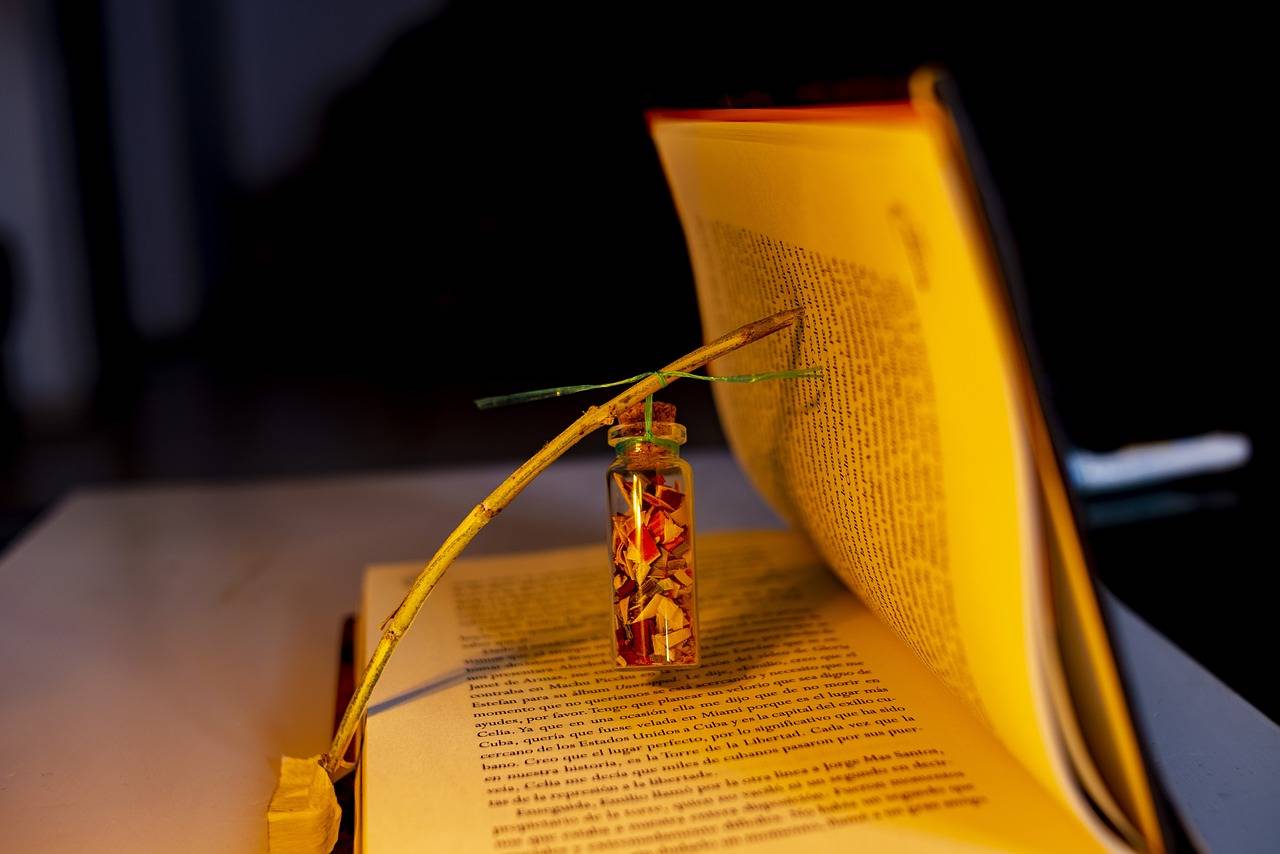Promoting Positive Peer Relationships Through Collaborative Activities: Allpanel777, Laser book 247.com, 99 exch.com
allpanel777, laser book 247.com, 99 exch.com: Promoting Positive Peer Relationships Through Collaborative Activities
As children grow and develop, one of the essential skills they need to learn is how to form positive relationships with their peers. Positive peer relationships can lead to increased social skills, improved self-esteem, and a sense of belonging. One effective way to promote positive peer relationships is through collaborative activities. These activities allow children to work together towards a common goal, fostering teamwork, communication, and respect for others. In this blog post, we will explore the benefits of collaborative activities in promoting positive peer relationships.
Why are Collaborative Activities Important?
Collaborative activities are vital for promoting positive peer relationships because they encourage children to work together, communicate effectively, and resolve conflicts peacefully. When children engage in collaborative activities, they learn how to listen to others, share ideas, and compromise. These skills are essential for building strong, positive relationships with their peers.
Benefits of Collaborative Activities
1. Improved Communication: Collaborative activities require children to communicate with one another effectively. They learn how to express their ideas and listen to others, leading to improved communication skills.
2. Teamwork: Collaborative activities promote teamwork, as children must work together towards a common goal. This fosters a sense of unity and cooperation among peers.
3. Conflict Resolution: Through collaborative activities, children learn how to resolve conflicts peacefully and find solutions together. This skill is crucial for maintaining positive peer relationships.
4. Social Skills: Collaborative activities help children develop essential social skills, such as empathy, perspective-taking, and cooperation. These skills are essential for forming positive relationships with others.
5. Self-Esteem: Collaborative activities can boost children’s self-esteem as they work together, achieve goals, and receive positive feedback from their peers.
6. Sense of Belonging: Collaborative activities create a sense of belonging among children, as they feel like they are part of a team working towards a common goal. This can lead to increased social connections and a sense of community.
How to Implement Collaborative Activities
1. Choose age-appropriate activities that require teamwork and cooperation, such as group projects, team sports, or cooperative games.
2. Provide clear guidelines and expectations for the activity, emphasizing the importance of working together and communicating effectively.
3. Encourage children to take on different roles within the group, so they can learn to appreciate each other’s strengths and contributions.
4. Offer praise and positive reinforcement for teamwork, cooperation, and effective communication during the activity.
5. Facilitate discussions after the activity to reflect on what went well, what challenges were faced, and how they can improve their collaboration in the future.
FAQs
Q: How can collaborative activities help shy or introverted children?
A: Collaborative activities can help shy or introverted children come out of their shells and interact with their peers in a supportive, structured environment. Through teamwork and cooperation, they can build confidence and develop social skills.
Q: What if some children are not interested in participating in collaborative activities?
A: Encourage reluctant children to join in by offering choices, highlighting the benefits of collaboration, and creating a supportive, inclusive environment. Sometimes, a gentle nudge or a positive role model can inspire them to participate.
In conclusion, collaborative activities are a powerful tool for promoting positive peer relationships among children. By engaging in activities that require teamwork, communication, and cooperation, children can develop essential social skills, build self-esteem, and foster a sense of belonging. As educators, parents, and caregivers, it is essential to provide opportunities for children to engage in collaborative activities and support them in developing strong, positive relationships with their peers.







